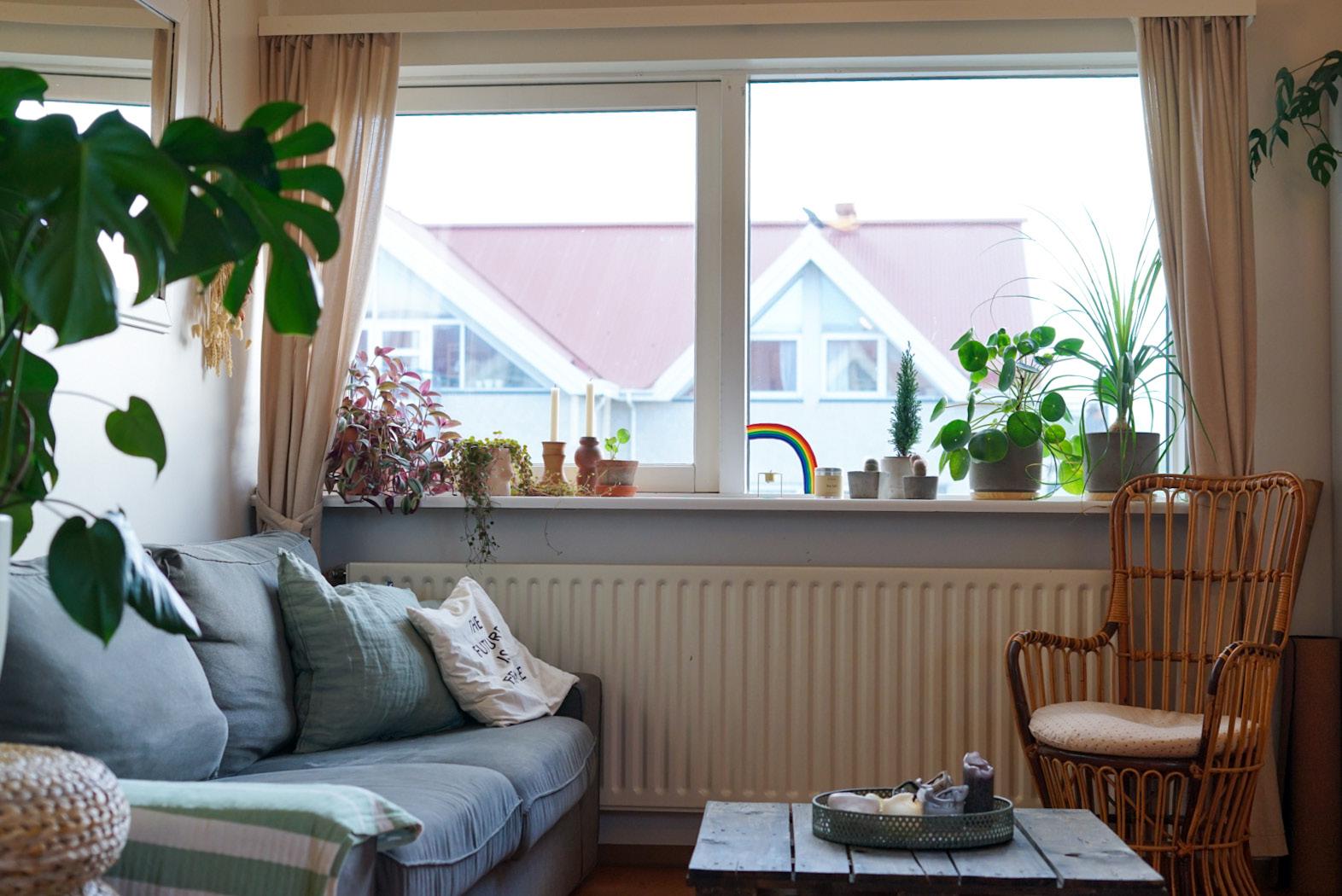STÚDENTABLAÐIÐ
háskóli í forystu, sem aðstoðar aðra háskóla í Evrópu við að verða leiðandi rannsóknarháskólar. Það er því bagalegt að svipaða samstöðu sé ekki að finna í okkar eigin kennslustofum, og að alþjóðlegum nemendum sé stundum þröngvað til að hætta. Sérstaklega á þetta við um raunvísindi, þar sem flestir rannsakendur á efri stigum nota almenna bjagaða ensku til að auðvelda samskipti milli rannsóknastofa um allan heim. Nemendur sem skipta frá einu tungumáli í annað eiga því að fá hvatningu eða stuðning frá starfsfólki deildanna, en ekki vanþóknunarsvip. Íslenskur almenningur samanstendur ekki lengur af hreinræktuðum sjómönnum og nútíma Íslendingurinn á ekki endilega rætur sínar að rekja til Ingólfs Arnarsonar – því ættu nemendur Háskólans að þurfa að vera það? Nemendur í hvaða kennslustofu sem er ættu að endurspegla samfélagið sem þeir búa í. Að sjálfsögðu, deila þeir ekki allir sömu áhugamálum en nám á að vera jafn aðgengilegt fyrir alla, burtséð frá bakgrunni þeirra.
themselves. It is upsetting, then, that similar solidarity is not shown in our own classrooms, but that international students are sometimes bullied into quitting. Especially in the natural sciences, where most higher-level researchers revert to universal broken English to facilitate communication among labs around the globe, students switching from one language to another should not be frowned upon by academic faculty and staff, but encouraged, or at least supported. The general population in Iceland no longer consists of purebred fishermen, and the modern Icelander is not necessarily a direct descendent of Ingólfur Arnarson - so why would university students have to be? The students in any classroom should be a representative sample of the society in which they live. Surely, not everyone has the same fields of interest, but education should be equally accessible to all, no matter their background.
Hacking Hekla: Eldgangur í sköpun á landsbyggðinni Hacking Hekla: Eruptions of Creativity in the Icelandic Countryside
Sköpun og getan til þess að þrífast þrátt fyrir innri og ytri áskoranir eru eiginleikar sem einkenna meirihluta íbúa á Íslandi. Magdalena Falter og Svava Björk Ólafsdóttir frá Hacking Hekla hafa verið að hakka sig í gegnum Íslensku landsbyggðina í leit að nýjungum og sjálfbærni, og það í óaðfinnanlegum lopapeysum. Ég var spenntur að fá tækifæri til þess að taka viðtal við þessar skapandi, hvetjandi og glaðlyndu konur á Háskólatorgi. Við spjölluðum og áttum notalega stund saman.
GREIN ARTICLE Armando Garcia T. ÞÝÐING TRANSLATION Hólmfríður María Bjarnardóttir MYND PHOTO Sædís Harpa Stefánsdóttir
Creativity and the ability to thrive despite internal and external challenges are qualities embedded in the majority of us inhabiting this island. The very enthusiastic Magdalena Falter and Svava Björk Ólafsdóttir from Hacking Hekla have been hacking the Icelandic countryside in search of innovation and sustainable development, wearing their impeccably knitted Icelandic wool sweaters. I was excited to interview these two creative, inspiring, and good-humored minds at Háskólatorg. We chatted and had some good laughs. The first hackathon was in South Iceland. The focus was on innovation and working towards a sustainable future, which involved creative solutions related to food. The winner, Ómangó, came up with the idea of extracting mango cells and using them to produce artificial mangoes. This was the result of research on the excessive amount of carbon dioxide produced by importing the fruit to Iceland. You can read all about it on Hacking Hekla’s platform, “Hacking Hekla Hugmyndaþorp.” “Our project is not only about creating ideas but rather a dialogue. The metaphor I use is that of an iceberg. The outcome, projects, and participants are on the top of the water, but the wide network we
38
























